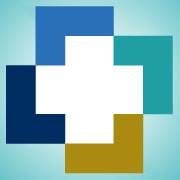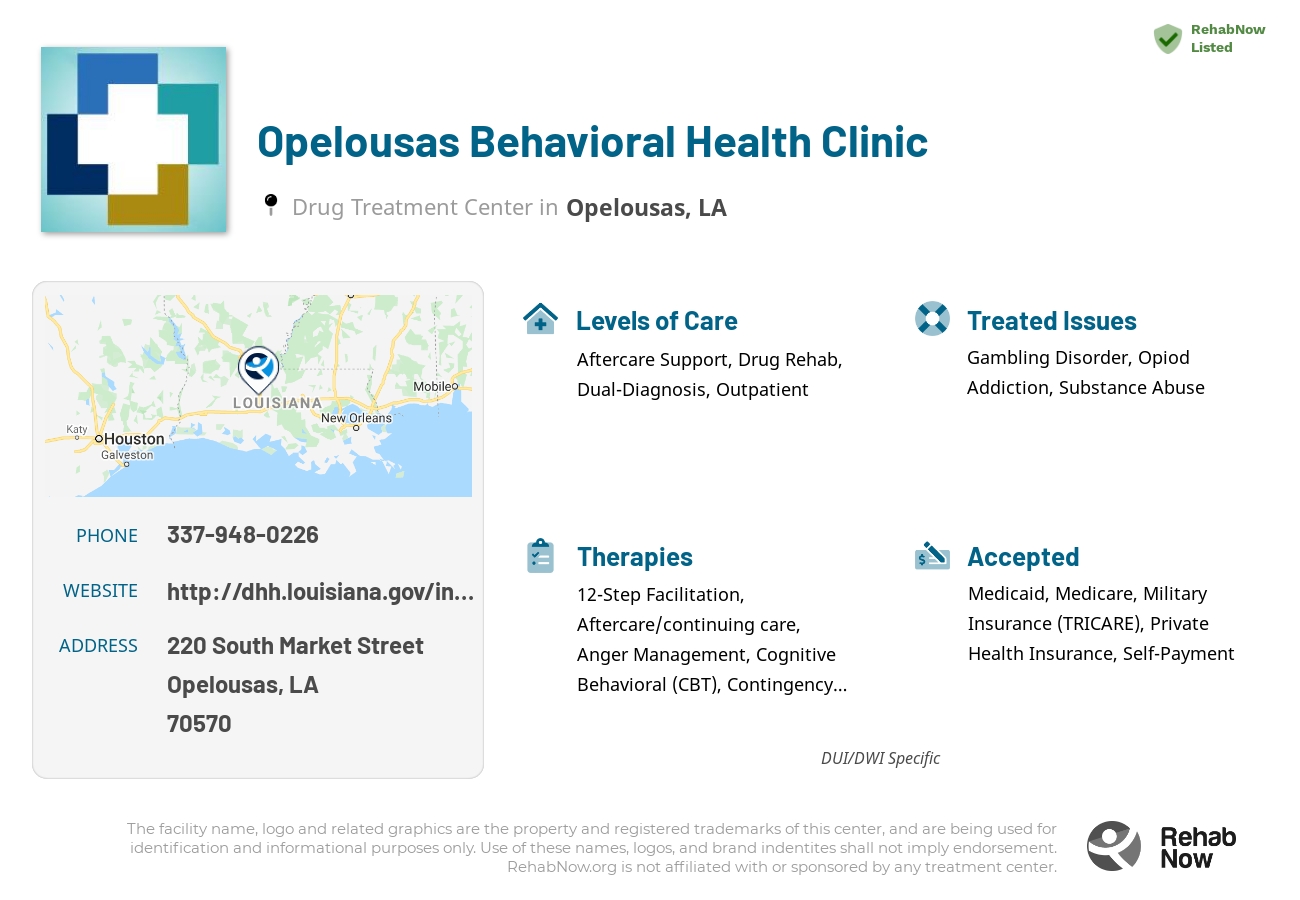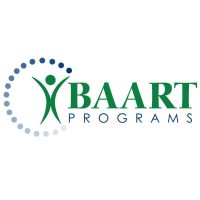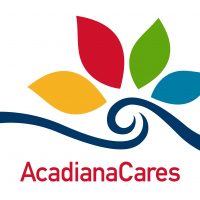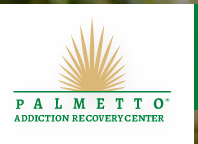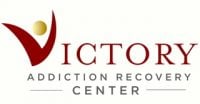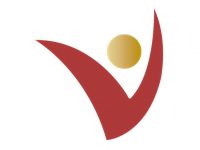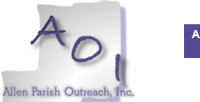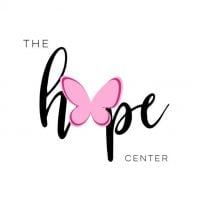Opelousas Behavioral Health Clinic
Drug Rehab Center in Opelousas, Louisiana
Opelousas Behavioral Health Clinic in Opelousas, Louisiana is a comprehensive community mental health clinic offering evidence-based treatments for a range of mental health issues, addiction, and substance abuse, with a focus on harm reduction and relapse prevention.
About Opelousas Behavioral Health Clinic in Louisiana
Situated in Opelousas, Louisiana, Opelousas Behavioral Health Clinic, part of the Acadiana Area Human Services District, specializes in treating serious mental illnesses and addictive disorders, including alcohol, drugs, and gambling. This clinic stands out for its comprehensive and coordinated approach to outpatient services.
The clinic is highly recognized with accreditations from JCAHO and CARF, affirming its commitment to high-quality care. Their treatment programs are tailored to meet the individual needs of those struggling with substance abuse and addiction, employing an array of evidence-based techniques.
- Personalized Treatment Plans: Each plan is customized to the patient's specific needs, incorporating cognitive behavioral therapy, psychotherapy, and more.
- Accredited Care: With JCAHO and CARF accreditations, the clinic meets rigorous standards for quality and effectiveness in addiction treatment.
- Comprehensive Support Services: From intensive outpatient to residential detox, followed by aftercare support, the clinic offers a broad range of care levels.
Opelousas Behavioral Health Clinic addresses addiction to substances such as alcohol and drugs, along with other addictive disorders. Using evidence-based methods like cognitive behavioral therapy, alongside medication-assisted treatment where needed, they provide a structured approach to recovery across various levels of care.
Genders
Ages
Modality
Additional
Accreditations

JCAHO

CARF
The Commission on Accreditation of Rehabilitation Facilities (CARF) is a non-profit organization that specifically accredits rehab organizations. Founded in 1966, CARF's, mission is to help service providers like rehab facilities maintain high standards of care.
Conditions and Issues Treated
Levels of Care Offered
This center offers a variety of custom treatment tailored to individual recovery. Currently available are Aftercare Support, Drug Rehab, Intensive Outpatient, Outpatient, Residential, with additional therapies available as listed below.
Addicts who need help with their addiction can enroll in an intensive outpatient program (IOP). But the patient won’t live there during treatment.
IOP involves patients visiting a medical office building regularly for therapy and other services while continuing to live their lives.
IOP is a step up from drug or alcohol detox, but it’s still a phase of recovery, not the end goal. Patients in need of IOP have many options for rehab and treatment.
Outpatient treatment is considered the lower intensity level of addiction treatment. It’s ideal for early phase addiction or lower intensity addictions. It may include weekly sessions instead of daily. It may include weekly sessions instead of daily. Peer group support, 12-step programs, and individual counseling may still be involved but at a lesser frequency than an intensive outpatient program. It is a good choice for someone who doesn’t need to go through a medically supervised detox and who has a supportive home environment. It requires motivation and dedication to commit to the program without constant monitoring.
Residential treatment programs are those that offer housing and meals in addition to substance abuse treatment. Rehab facilities that offer residential treatment allow patients to focus solely on recovery, in an environment totally separate from their lives. Some rehab centers specialize in short-term residential treatment (a few days to a week or two), while others solely provide treatment on a long-term basis (several weeks to months). Some offer both, and tailor treatment to the patient’s individual requirements.
Aftercare support should take place after outpatient treatment has ended. There are a few different types of aftercare support that patients can seek. These include 12 Step, Self-help groups (AA, NA), Therapeutic communities, Long-term, structured sober living arrangements, and Halfway houses (residential treatment centers).
Therapies & Programs
Individual therapy involves one-on-one sessions between the patient and therapist. It provides patients with a safe environment to openly discuss personal and sensitive issues with the therapist. They find the therapist as someone they can trust. Individual therapy aims to identify the core issues that would have led the patient to substance abuse and address them effectively. The therapist can develop patient-specific customized solutions through individual therapy, which aids speedier recovery.
Family therapy is a group problem-solving that aims to improve communication and relationships between the addict, their family, and sometimes friends. The main goal of family therapy for drug addiction is to create an environment where communication can occur without judgment, hostility, or blame. The therapist is with the family as they learn to communicate differently, especially with the addict when s/he is using. The family can learn to reduce their enabling behavior or rally together and support each other during tough times.
An addict’s family can play a vital part in helping them to avoid relapse because they can spot the warning signs and help them get back on track before it becomes too much of a problem. Family therapy is one of the most effective ways to help addicts stay on the path to long-term sobriety. When a drug addict decides that they want to try and get sober, it takes the support of every person they love to succeed. It can be incredibly difficult for loved ones to watch an addict go through the pain and suffering of withdrawal, but by being there with them and supporting them, they can help to make sure that the addiction never returns.
Groups typically involve meetings with other recovering addicts who can relate to one another’s experiences. They might meet in person or online and typically focus on the process of staying sober rather than overcoming a specific addiction.
In these groups managed by Opelousas Behavioral Health Clinic, addicts can build a sense of community and develop strong emotional connections with others who understand what they are going through. These beneficial relationships can help addicts overcome their cravings and prevent relapse at any point during the recovery process.
In general, trauma therapy is a clinical process that helps individuals deal with mental stress often caused by traumatic events. The therapist helps the person identify, understand, and work through the problem. This is done with the help of talking about it in group or one-on-one counseling sessions. Therapists use relaxation, role-playing, art, and music to help the person open up about what is bothering them.
There are many different types of trauma therapists, such as psychiatric nurses and counselors. Not everyone is a good candidate for this type of therapy; it is generally reserved for people who have recently experienced a traumatic event and struggle to get over it. It is often done for children, teenage victims of sexual assault, and war veterans.
Payment Options Accepted
For specific insurance or payment methods please contact us.
Is your insurance accepted?
Ask an expert, call (888) 674-0062
State of Louisiana Associated Centers
Discover treatment facilities under the same provider.
- New Iberia Behavioral Health Clinic in New Iberia, LA
- Bogalusa Mental Health Clinic in Bogalusa, LA
- West Baton Rouge Behavioral Health in Port Allen, LA
- LA Health and Rehab Center - Reality House in Baton Rouge, LA
- Dr. Joseph Henry Tyler Jr. Behavioral Health Clinic in Lafayette, LA
Learn More About State of Louisiana Centers
Additional Details
Specifics, location, and helpful extra information.
Opelousas, Louisiana 70570 Phone Number(337) 948-0226 Meta DetailsUpdated April 15, 2024
Staff Verified
Opelousas Behavioral Health Clinic Patient Reviews
There are no reviews yet. Be the first one to write one.
Opelousas, Louisiana Addiction Information
Louisiana is one of the top ten states in the nation for opioid-related deaths. One in ten high school students admits to regularly using prescription opioids for non-medical purposes. More than 225,000 Louisiana residents admit to regular heavy drinking and around 6% of the Louisiana population abuses alcohol. Marijuana use in Louisiana is most common amongst teenagers between the ages of 12 and 17 years old.
Opelousas, Louisiana has a high level of drug abuse and addiction. Opelousas has one of the highest rates of opioid misuse in the country. A staggering 8% of people over the age of 12 had abused drugs at least once in their lifetimes. Drug treatment in Opelousas, Louisiana can vary depending on the facility. However, most drug rehab centers will offer individual therapy, group therapy, family counseling, and holistic therapies.
Treatment in Nearby Cities
- Leesville, LA (81.6 mi.)
- Lacombe, LA (128.6 mi.)
- Morgan City, LA (78.0 mi.)
- Duson, LA (21.4 mi.)
- Oberlin, LA (40.8 mi.)
Centers near Opelousas Behavioral Health Clinic
The facility name, logo and brand are the property and registered trademarks of Opelousas Behavioral Health Clinic, and are being used for identification and informational purposes only. Use of these names, logos and brands shall not imply endorsement. RehabNow.org is not affiliated with or sponsored by Opelousas Behavioral Health Clinic.
